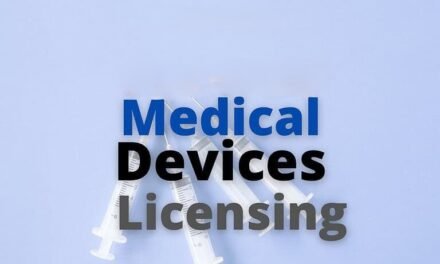
How do FDA approvals impact the medical device market?

FDA approvals significantly impact the medical device market, shaping its dynamics in terms of innovation, market access, competition, and public trust. Here’s how:
1. Market Access and Global Credibility:
- Gatekeeper Role: FDA approval is a critical regulatory milestone that allows companies to market and sell devices in the U.S., the largest medical device market globally.
- International Influence: FDA approval is often regarded as a gold standard, enhancing the credibility of a device in other countries and easing approvals in international markets.
2. Innovation and R&D Direction:
- Encourages Innovation: Clear FDA pathways for novel devices, such as the Breakthrough Devices Program, incentivize companies to develop cutting-edge solutions.
- Compliance-Driven Design: R&D teams align product development with FDA requirements, ensuring safety and efficacy while advancing new technologies.
3. Market Competition:
- Barrier to Entry: The rigorous FDA approval process can act as a barrier for smaller companies, consolidating market share among established players.
- Differentiation: FDA-approved devices gain a competitive edge over non-approved alternatives, especially in markets sensitive to quality and safety.
4. Consumer and Provider Confidence:
- Public Trust: FDA approval signals that a device has met stringent safety and efficacy standards, increasing patient and provider confidence.
- Legal Protections: FDA approval can protect manufacturers from liability claims, as the approval signifies adherence to regulatory requirements.
5. Speed-to-Market and Revenue Generation:
- Delayed Approvals: Lengthy approval processes can delay market entry, affecting a company’s revenue and competitive positioning.
- Fast-Track Programs: Accelerated pathways, such as the Emergency Use Authorization (EUA) during COVID-19, enable quicker deployment of critical devices, providing companies with immediate market access.
6. Cost Implications:
- High Approval Costs: The FDA approval process is resource-intensive, involving clinical trials, documentation, and testing. This can significantly increase development costs.
- Pricing Power: FDA-approved devices can command premium pricing, as they are perceived to offer superior quality and safety.
7. Impact on Startups and Smaller Companies:
- Investment Attraction: FDA approval validates a device’s viability, making it easier for companies to attract investors and strategic partners.
- Challenges in Navigation: Smaller companies may struggle with the complexity and cost of the approval process, potentially stalling their progress.
8. Technological Advancements:
- AI and Digital Health Devices: FDA frameworks for AI-based and digital health devices are evolving, encouraging innovation while ensuring safety.
- Post-Market Surveillance: FDA’s focus on real-world evidence and post-market data collection fosters improvements in device performance over time.
9. Regulatory Changes and Industry Adaptation:
- Evolving Standards: As the FDA updates its guidelines to address new technologies, such as wearable devices or 3D-printed implants, companies must adapt, influencing their innovation timelines.
- Global Alignment: FDA’s efforts to harmonize regulations with international bodies, like the EU MDR, affect how companies approach multi-market strategies.
10. Public Health and Emergency Scenarios:
- Emergency Approvals: Programs like EUA during the COVID-19 pandemic allowed rapid deployment of critical devices, demonstrating the FDA’s pivotal role in crisis response.
- Trust in Rapid Approvals: The FDA’s ability to balance speed with safety ensures public confidence even in expedited processes.
FDA approvals are a cornerstone of the medical device market, balancing innovation with safety and efficacy. While they can create challenges, such as high costs and regulatory hurdles, they ultimately drive quality, trust, and market growth. Companies that successfully navigate the FDA approval process gain a significant advantage in both domestic and international markets.




























